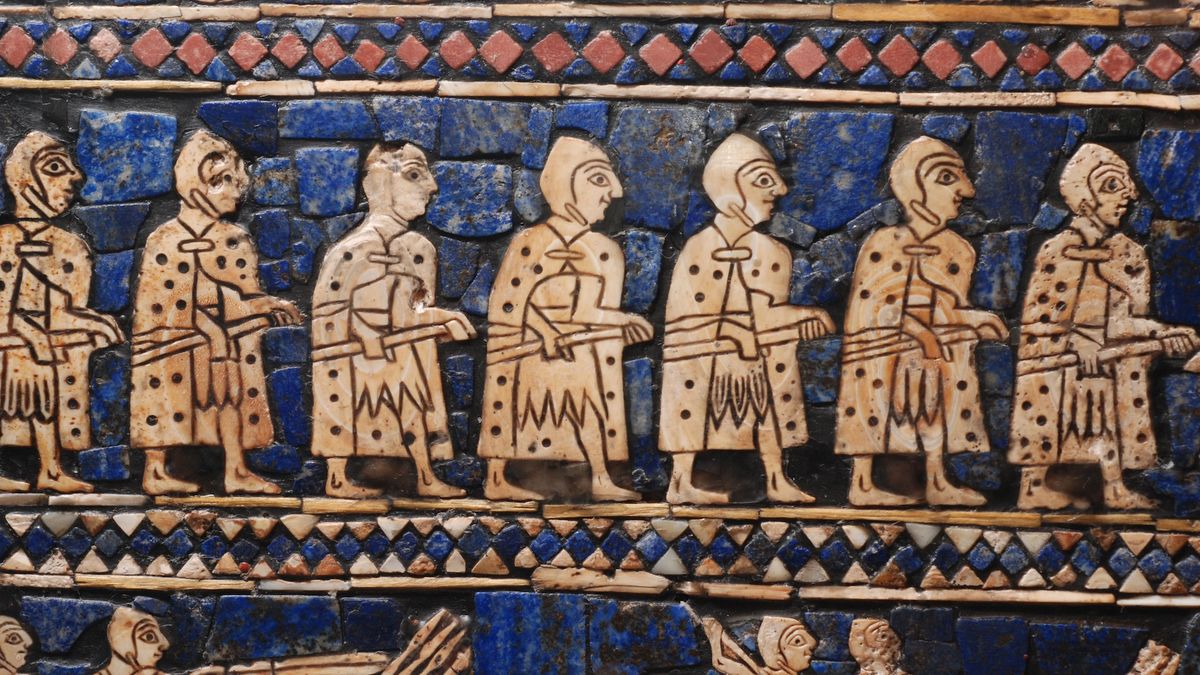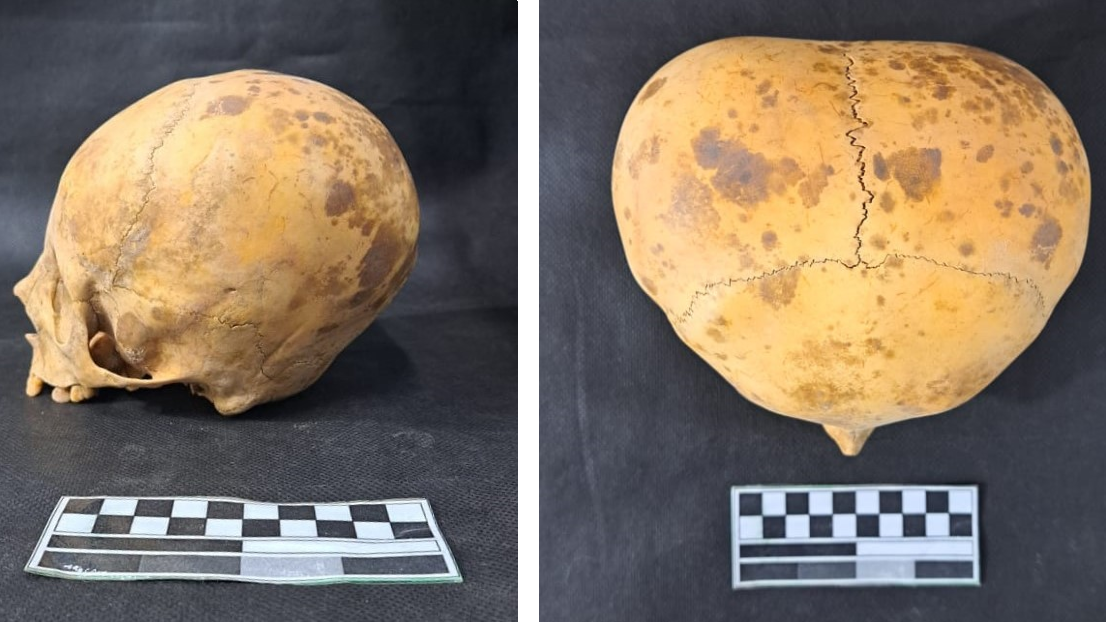Now Reading: Mesopotamia Quiz: How Well Do You Know the Cradle of Civilization?
-
01
Mesopotamia Quiz: How Well Do You Know the Cradle of Civilization?
Mesopotamia Quiz: How Well Do You Know the Cradle of Civilization?

Rapid Summary
- Mesopotamia, meaning “land between two rivers” in ancient Greek, refers to the area between the Tigris and Euphrates rivers.The region encompasses parts of modern-day Iraq, syria, Turkey, Iran, and Kuwait.
- Known as a cradle of civilization, Mesopotamia witnessed key advancements like agriculture, mathematics development, and the invention of the wheel starting around 10,000 B.C.
- The Sumerian civilization emerged around 5500 B.C., featuring notable city-states such as Ur in present-day Iraq.
- In 2300 B.C., Sumer was overtaken by the Akkadian Empire which expanded territories and contributed culturally through artifacts like riddles.
- Around 800 B.C., assur became a significant center for trade under the Assyrian Empire.
- These ancient civilizations profoundly influenced later cultural developments in their respective regions.
Indian Opinion Analysis
Mesopotamian history offers valuable insights for India not only due to shared areas of ancient cultural flourishing but also through lessons on strategic utilization of resources like water systems (the Tigris and Euphrates) which drove agricultural innovation-a mirror to India’s dependency on rivers like the Ganges for its agrarian roadmap. Additionally, exploring ancient urban planning from city-states such as Ur could resonate with India’s current urbanization efforts under initiatives such as Smart Cities Mission.
Furthermore, Mesopotamia’s advancements in mathematics and trade highlight fundamentals that align closely with India’s historical contributions to arithmetic and commerce. These parallels offer opportunities for cross-disciplinary academic exploration contributing toward a deeper understanding of human progress globally.
By engaging with global histories such as this one reflecting early empires’ successes or failures (like those seen across Sumerian to Assyrian timelines), Indian policymakers or academics might derive analogies helpful in governance or preservation tactics-aligning tradition with modernity effectively.

























